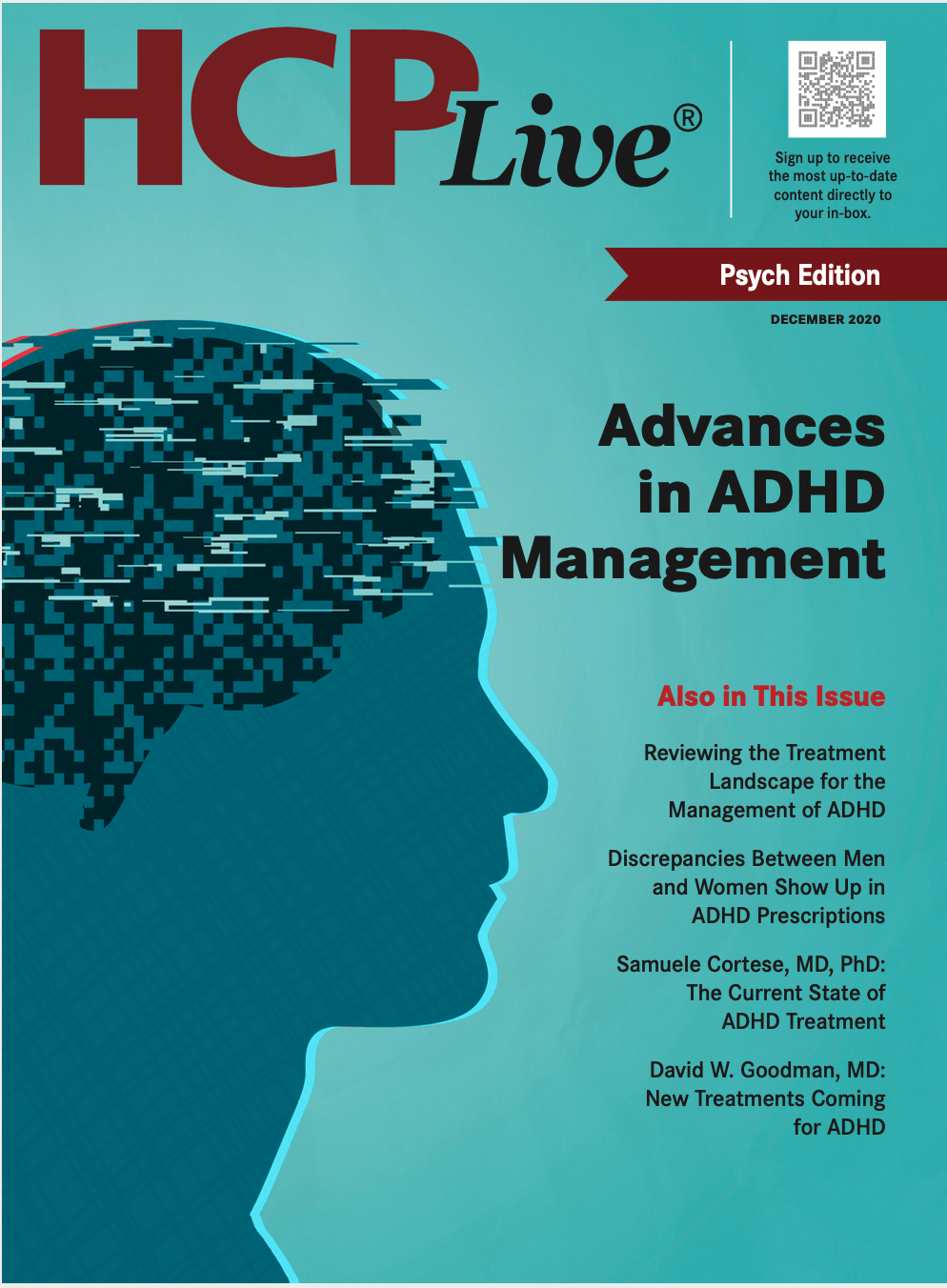PCOS Increases Risk of Psychiatric, Neurodevelopment Disorders in Offspring
Children of mothers with PCOS need additional psychological support and longer mental health follow-up.
Xinxia Chen, MD

Children born to women with polycystic ovary syndrome (PCOS) are at a greater risk of psychiatric and neurodevelopmental disorders.
The risk further increased if PCOS was combined with mothers being obese, having gestational diabetes, a cesarean delivery, or if there were other medical problems for the bothers or babies around birth.
“Our study shows that children of mothers with PCOS are in need of psychological support and longer follow-up for mental health. Healthcare providers should consider that children born to mothers with PCOS are at high risk of mental health problems, even those born to normal-weight mothers. Counseling for women with PCOS and monitoring of their offspring should be offered routinely in order to help prevent these problems," first author Xinxia Chen, MD, associate professor at Shandong University, said in a statement.
Chen and a team of investigators from China, Finland, and Sweden included all live births during 1996-2014 in Finland registered in the Drugs and Pregnancy Database and originally identified from the Medical Birth Register. The Finnish Care Register for Health Care (HILMO) was used to identify clinical diagnoses for offspring and mothers. Maternal PCOS was identified from HILMO based on a PCOS diagnosis or anovulatory infertility. Further, the team leveraged HILMO to identify cases of neurodevelopmental or psychiatric disorders, defined as a primary or secondary diagnosis of mood disorders, anxiety disorders, eating disorders, sleeping disorders, personality disorders, intellectual disabilities, specific developmental disorders, ADHD and conduct disorders, tic disorders, and other behavioral and emotional disorders.
The Drugs and Pregnancy Database was used for the team to collect information on maternal age at delivery, parity, country of birth, mother married at birth, smoking during pregnancy, diagnoses of systemic inflammatory disorders, and psychiatric disorders.
Of more than 1 million offspring, 9.8% were diagnosed with a neurodevelopmental or psychiatric disorder. A total of .6% of children were identified with maternal PCOS and 1.7% with maternal anovulatory infertility. There were increased risks for most neuropsychiatric disorders studied for the offspring with maternal PCOS and those with maternal anovulatory infertility.
Children exposed to PCOS more often had mothers at least 30 years old, and were overweight or obese, first-time pregnant, married, non-smokers, and developing gestational diabetes mellitus, preeclampsia and perinatal problems, and were undergoing fertility treatment and cesarean section.
In a comparison between PCOS-unexposed children, those with mothers exposed to the condition were at higher risks of any neuropsychiatric disorder (HR, 1.32; 95% CI, 1.27-1.38). For most pediatric neurodevelopmental and psychiatric disorders, there was an increased risk of 30-50% in the presence of maternal PCOS exposure. There were similar risk estimates for male (HR, 1.3; 95% CI, 1.24-1.37) and female offspring (HR, 1.36; 95% CI, 1.28-1.45).
In offspring exposed to PCOS, maternal pre-pregnancy BMI was overweight in 15.8%, moderately obese in 9%, and severely obese in 5.3% of cases. For unexposed births, the cases were 12.1%, 4.4%, and 2.1%, respectively.
The team found in mothers with PCOS, being normal weight had increased risks of having an offspring with any neuropsychiatric disorder (HR, 1.2; 95% CI, 1.09–1.32), intellectual disabilities (HR, 1.44; 95% CI, 1.12–1.85), ASD (HR, 1.39; 95% CI, 1.12– 1.73), other behavioral and emotional disorders (HR, 1.38; 95% CI, 1.21–1.57), anxiety disorders (HR, 1.25; 95% CI, 1.08–1.45), and specific developmental disorders (HR, 1.19; 95% CI, 1.08–1.32), compared to normal-weight mothers without PCOS. Such findings indicated an association between maternal PCOS and adverse neuropsychiatric outcomes in offspring independent of BMI.
There was a significantly higher risk of any neuropsychiatric disorder in offspring to mothers with PCOS and obesity compared to those with maternal obesity alone. Further, there were significantly higher risks among births to moderately obese mothers with PCOS compared to those in the same weight class without the condition for ADHD and conduct disorders (HR, 2.16; 95% CI, 1.74–2.68 vs HR, 1.6; 95% CI, 1.52–1.69), specific developmental disorders (HR, 2.13; 95% CI, 1.84–2.47 vs HR, 1.61; 95% CI, 1.55–1.67) and other behavioral and emotional disorders (HR, 1.89; 95% CI, 1.51–2.36 vs HR, 1.28; 95% CI, 1.2–1.36).
Overall, mood disorders, anxiety disorders, eating disorders, sleeping disorders, intellectual disabilities, specific developmental disorders, ASD, ADHD and conduct disorders, and other behavioral and emotional disorders in offspring were associated with maternal PCOS and/or anovulatory infertility. Additional studies are needed to confirm the results and investigate underlying pathways and mechanisms linking PCOS exposure to long-term neurodevelopmental consequences.
The study, “Association of polycystic ovary syndrome or anovulatory infertility with offspring psychiatric and mild neurodevelopmental disorders: a Finnish population-based cohort study,” was published online in the journal Human Reproduction.
